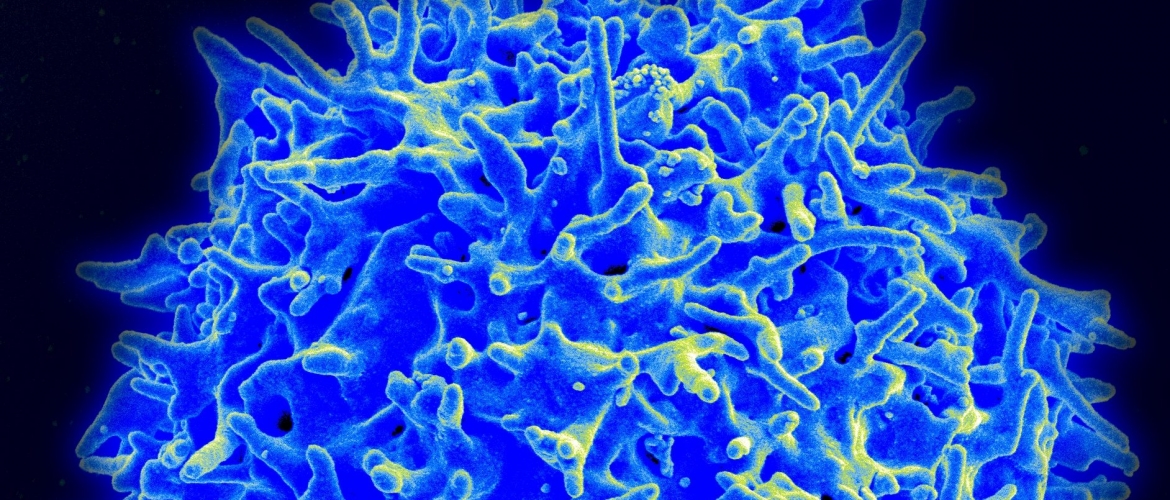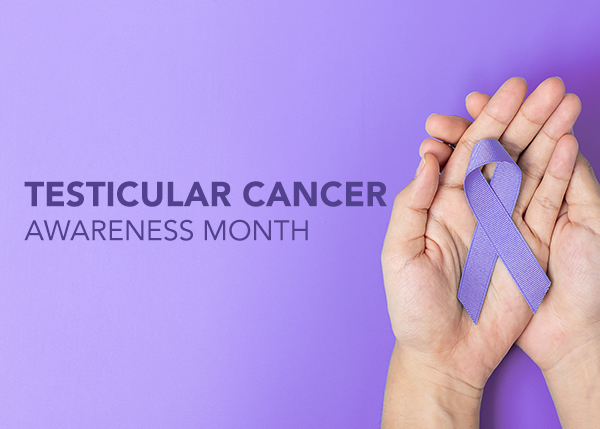Innovative Developments in Cancer Treatment
The landscape of cancer treatment is rapidly evolving, with new innovations emerging from various research institutions around the globe. One such ground-breaking advancement is a breast cancer treatment designed to mitigate the adverse effects typically associated with chemotherapy. This innovative approach not only aims to enhance the efficacy of the treatment but also prioritizes the quality of life for patients undergoing rigorous therapeutic regimens.
Incorporating advanced technologies and research findings, this new treatment method offers hope to many battling breast cancer, supporting their journey through treatment. Furthermore, the implications of such developments extend beyond breast cancer, potentially informing treatment modalities for other types of cancer as well. As research in this field progresses, ongoing clinical trials will be crucial in validating these approaches and making them widely accessible to those in need.
Importance of Testicular Cancer Awareness
April marks Testicular Cancer Awareness Month, a crucial time to address an often-overlooked aspect of men's health. Awareness campaigns during this month aim to encourage men of all ages to recognize the early signs of testicular cancer, which if caught early, can significantly increase the chances of successful treatment. Events and outreach efforts seek to empower individuals to seek professional help when experiencing symptoms, fostering an environment of vigilance and proactive health management.
Alongside awareness programs, partnerships with healthcare providers offer valuable resources for education and support. This year's initiatives emphasize self-examinations and understanding the risks associated with testicular cancer, reinforcing the message that early detection saves lives. Such efforts not only facilitate a broader understanding of the disease but also contribute to reducing the stigma surrounding men's health issues.
Current Events in Cancer Research
Throughout the cancer research landscape, significant developments are frequently making headlines, underscoring the dynamism of this field. Recent news includes the halting of a major clinical trial due to unforeseen circumstances, which has prompted advocates to seek alternative fundraising methods to continue supporting patients in need. Such disruptions highlight the real-world challenges faced by cancer research initiatives while simultaneously igniting conversations around alternative funding streams and innovative treatments.
Moreover, technological advancements such as artificial intelligence applications for monitoring tumor growth in conditions like Mesothelioma showcase the intersection of tech and healthcare. Early results from clinical immunotherapy trials targeting brain cancer are also encouraging, suggesting promising avenues for more effective therapeutic interventions. As these stories unfold, they not only reflect the challenges but also the resilience and creativity of the scientific community in addressing cancer’s complexities.
Global Health Prominence on World Health Day
April 7th serves as a reminder of global health challenges, particularly as we observe World Health Day. The COVID-19 pandemic has presented unprecedented hurdles for healthcare systems worldwide, highlighting the urgent need for collaborative efforts in health policy and infrastructure improvements. This year's observance calls for reflection on the lessons learned and the necessity of robust healthcare strategies to bolster community health resilience against future pandemics.
In recognizing the impacts of diseases, including cancer, World Health Day encourages discussions around preventive measures and equitable access to care. The pandemic's highlighted disparities in healthcare access have prompted many to advocate for more inclusive public health policies. By fostering conversations that emphasize solidarity and proactive health measures, we can make strides toward better health outcomes globally.
FAQs About PanTum Detect
As the first universal cancer blood test, PanTum Detect raises numerous questions among patients and healthcare providers alike. Understanding its functionality and application is crucial for those considering its use as a potential early detection tool. Patients often inquire about the accuracy, purpose, and implications of results provided by this innovative blood test, highlighting the need for clear communication and education surrounding such advanced technologies.
Additionally, addressing patient concerns regarding the testing process, follow-up procedures, and potential treatment pathways following a positive result is vital. Informative resources and dialogue can empower individuals with the knowledge they need to make informed decisions about their health. Through ongoing education, we can build trust and engagement within the community, bridging the gap between groundbreaking research and practical, clinical application.





